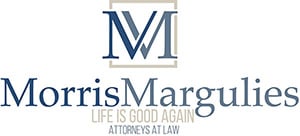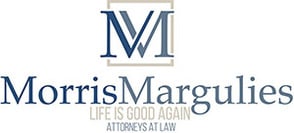Bank Account Garnishments

Once a creditor has obtained a judgment against a debtor, its job is to collect the money due. One of the methods of collecting money is to garnish the person’s bank account. Once the bank account is frozen, creditors have little motivation to work out any payment plans with the debtor. Many of our clients come to us after a creditor has placed a freeze on their bank account. If they see a lawyer immediately after the notice of the garnishment, there are certain steps a lawyer can take to possibly release the funds. However, they must come as quickly as possible because in Maryland, after 30 days the bank will be required to turn over the money in the account to the creditor.
Certain funds in an account are exempt from attachment in Maryland. These include Social Security income, unemployment income, retirement benefits, payments received as a result of a lawsuit, and some other types of income. In addition, Maryland allows an individual to exempt up to $6,000 in cash from a garnishment. This is not an exhaustive list of exemptions. You will need to consult with an attorney to determine whether the funds frozen in your account are exempt from garnishment. Neither the bank nor the creditor has an obligation to inquire whether the funds frozen are really exempt from garnishment. In order to claim any of these exemptions, you will need to file a motion with the court in the case filed against you by the creditor asking for these exemptions.
If the funds have already been turned over to the creditor, you may still be able to recoup some or all of the money by filing a bankruptcy case within 90 days of the garnishment. The money garnished may be considered a preference by the bankruptcy court and the creditor may be ordered to return the funds to the debtor or the bankruptcy estate. Unfreezing the account may only be the first step in dealing with a person’s financial situation. Contact Morris Margulies so that we can evaluate the state of your financial affairs.

